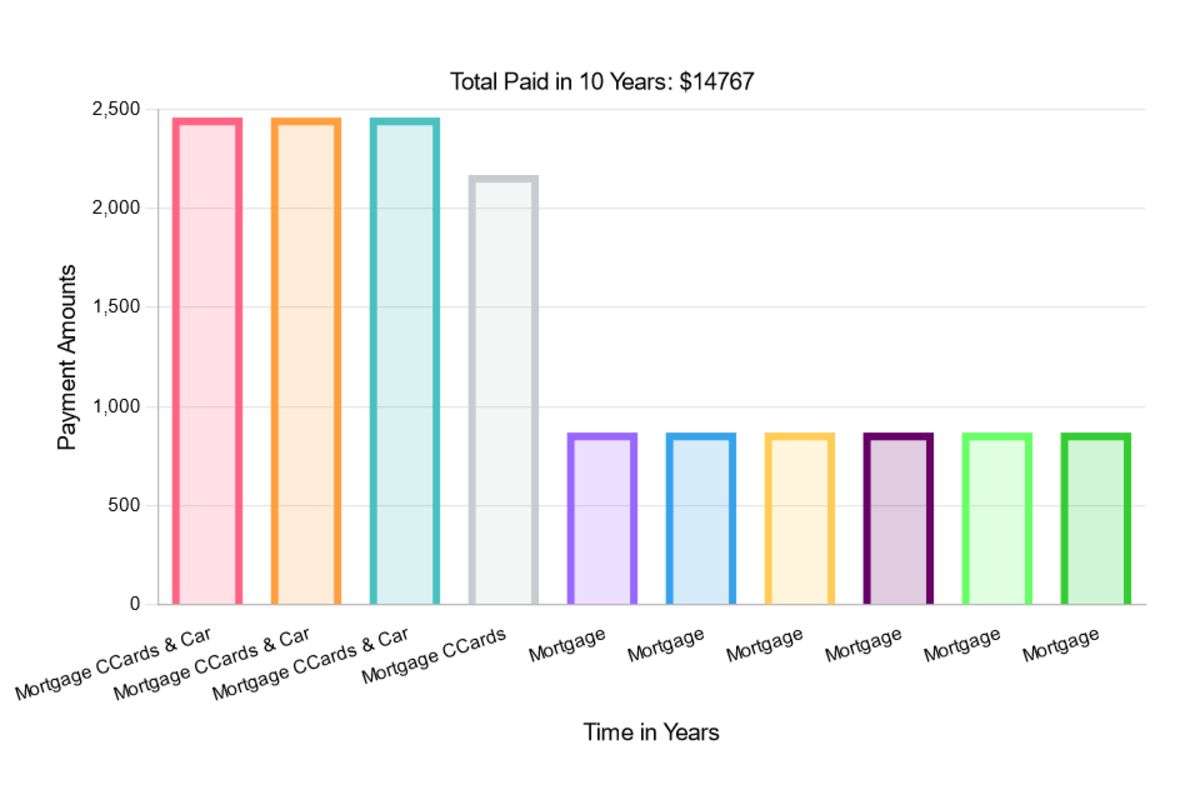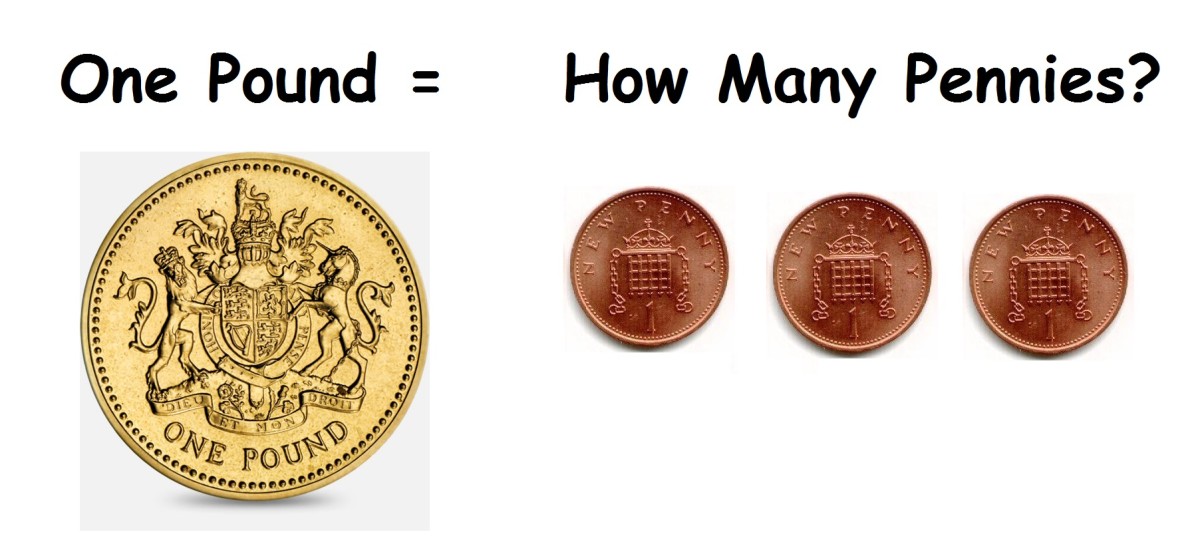How the Banks Have Screwed the Euro Zone and the Western World
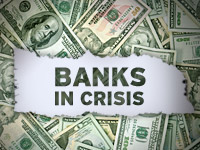
You may find some of the information contained within this article depressing, upsetting or plain unbelieve. Everything I have written is the sad truth and others have written books on it such as Mike Mayo, an award winning veteran Wall Street analyst who analyzed banks bad practices while working at 6 different Wall Street Firms.
Having worked for a Bank that is known the world over, I have to say I am not surprised at all by the financial crisis we find ourselves in.
Having worked closely with both normal people coming into local branches looking for credit, to small and large organizations looking for the same thing, but on a larger scale, this financial crisis was inevitable. There were so many signs of our impending doom, but the bottom line was more important at the time.
Now the solution to the predicament we find ourselves in seems to be beyond our understanding. What really surprises me is that we allow the same donkeys that got us into this mess to somehow figure out how to get us out of it!
This kind of attitude makes no sense as these same people will continue to be self serving and really don't care about the average Joe, such as you or I.
Keep reading to find out more about how we got into this predicament, why the actions taken so far are the wrong ones to take and are making the situation worse instead of better, why these decisions are being made and also find out what should really be happening instead, but is highly unlikely to ever occur.
This article is my opinion and is grounded in personal experience and logic. This may seem strange in todays world where politicians and bankers no longer seem to make decisions based on these two factors. Fancy financial models and equations are not needed. We really need to get back to basics and simple arithmetic to unravel the financial mistakes of the past decade. Otherwise, the alternative is to continue to spiral down until we are like Japan that has been in recession for how many years?

How Did the Financial Crisis Start?
If you look in papers or on the news, you'll read about these special financial instruments that were made that were inaccurately packaged and sold to banks all over the world. Then it was suddenly realized these were actually bad investments, but by this time it was too late and everyone and their uncle had bought them. When these investments failed to make the expected return, things quickly began to unravel.
I am going to give you another way to look at it, that's far easier.
Banks are supposed to be risk averse. They are supposed to take safe bets and earn money on those safe bets. Then many banks and credit unions were privatized, so were no longer run by the government. Many of the limits previously placed on banks were loosened or disappeared completely. This meant the banks could take more risk.
On top of that, banks were listed in stock markets. Now the focus of the bank quickly began to change. They realized that if they want their share price to increase, they have to increase profits. Taking more low risk bets wouldn't help in this case. Increasing risk and taking on more new customers was the way to go. Customer loyalty and service were in the past.
Banks loosened personal credit parameters. They realized they could grow their profits by getting more and more people to borrow from them. Credit cards and personal loans became popular. Banks rarely asked for budgets or how you planned to pay it back. Employees were incentivized to sell as many products as possible, mostly debt products. Mortgages, personal loans, credit cards and overdrafts were all promoted heavily at our branches.
However, it wasn't just personal customers that were suddenly finding it easy to gain credit. Students suddenly found themselves swimming in credit. When beginning college or university, banks throw money at students. They believe these will be the best customers of the future. I don't deny some of these will be the best earning customers of the bank and will go on to take lots of debt products. However, the majority of them will be stuck working in call centres or other average paying jobs. On this basis, their strategy is really a loss leader, but they feel they have to continue doing it now because all the other banks are doing it.
We really live in a world where the mentality is a case of see monkey, do monkey. Very little thought goes into whether it' a good idea to copy what the monkey next door is doing, or thinking through the repurcusions of following an obviously flawed strategy.
On top of that, businesses were able to easily gain funding too. They could do this in a number of ways such as commercial loans, commercial mortgages, invoice financing, factoring, letters of credit, commercial credit or charge cards, vehicle financingand the list goes on.
As credit became more readily available, people spent more money. Now the average personal could actually afford to buy a house, instead of renting. They could upgrade from a lower income area to a more affluent area. They could afford to buy a car and take holiday. This meant prices increased, especially house prices.
Now house prices are at least double what they were ten years ago and almost fours times as much as they were twenty years ago. Salaries haven't increased anywhere close to this rate, and so extra easy credit availability from the banks is the main culprit.

Need to Sell Even More Debt
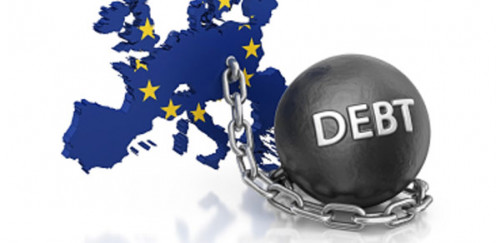
How much debt do you have?
Shareholders constantly want to see increases in profits to justify increases in share prices. Banks needed to find even more income. They incentivized their workforce to bring in even more new business. Profit margins were cut just to get new customers in the door.
Jobs that were non sales roles were cut as much as possible. This meant areas where credit risks were assessed were one of the slimmest departments in the bank. Instead, this responsibilty was passed to the sales people in the branches.
So the people who are rewarded for bringing in new business and customers are also responsible for assessing the credit worthiness of the customer, and there are no repurcusions to that individual if the customer goes bust or loses the banks money and never repays. As you can imagine, almost any deal was acceptable at the lowest rate possible for the fear of the competition getting the customer instead. It really did become a case of computer says yes.

Too Much Debt Causes Severe Problems
Are you struggling to repay your debts?
Since debt was being given out to customers like sweeties it was ineveitable that it would be too much at some point. People can only take so much debt before they struggle to make the repayments.
Most of these same customers have never had any type of financial education. They really believed the person at the bank was their friend and knew what was best for them. They don't believe it's their fault for not being able to afford these loans because the bank gave it to them. They assumed the bank did the appropriate checks and everyone was doing it, so it must be alright.
If one or two people default on loans it wouldn't make a difference to the economy overall. Banks realize that not all the loans they make will be repaid in full. That's why they are supposed to charge an appropriate interest rate to cover the costs of not just your loan, but also a little extra to cover the defaulting loans. However, as competition was rife to get new customers, this seems to have been forgotten somewhere along the way.
Also, this system only works if you lend to more good customers that are highley likely to repay in full than customers that are likely to default. This was no longer the case. Banks had no clue who was in which camp and no longer seemed to care.

Banks Built on a House of Cards

Who's fault is it that you have so much debt?
Eventually, this house of cards was bound to fall. Salaries weren't increasing fast enough to enable people to continue to pay back their mountain of debts and costs were increasing. This was putting increased financial burdens on families. If either parent was made redundant or family income was reduced through illness, death, paycuts, loss of employment, then making loan repayments was always going to be almost impossible.
Businesses began to default on loans as the people behind the companies were up to their eye balls in debt too. Their margins were also shrinking as the cost of company debt and personal debt increased. Along with increased competition through the internet and cheap products available from other countries and competitors all put further stess on the ability of companies to make enough profits to cover all their expenses and the growing wage bill.
When defaults become avalanche like, it quickly eats through any and all reserves the banks have in place to cover bad debts. These reserve pots had been consistently shrinking over the years as they gave out more credit.
When this happened, banks went cap in hand to their own governments, basically blackmailing them to get them out of the predicament they caused themselves. Governments knew that without a stable financial system, the whole country could revert to anarchy and they could quickly lose the support of the electorate that voted them into power.

Governments were running around like headless chickens, previously unaware of what was happening and having no real expertize in how to fix the situation. Instead, they allowed the panic to take hold and followed the lead of the bankers, who created the situation in the first place.
Of course, not all banks had been doing these shoddy practices to this extent and theyhave managed to capitalize on this period of uncertainty and strife.

Governments Threw Sand on the Fire But the Fire Is Too Big
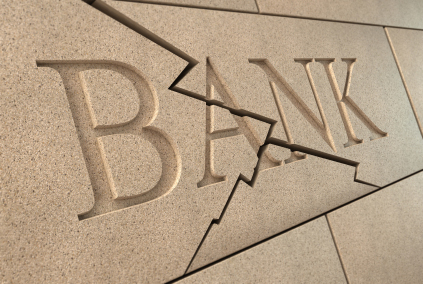
Have Governments Taken the Right Action?
Governments tried to put the fire out. Panic stations were quickly manned and money was handed out to the banks. There was no business plan presented to the governments and none of them asked how it would be repaid or how much they would actually need.
This may sound like basic questions one should ask when handing over billions of dollars, pounds or euros. Hoever, these questions were not properly assessed or answered at the time.
Of course, the banks quickly realized the government would give them almost anything they asked for and came back for another round of funding. When they received it, the government thought they were putting out the fire, but all they were doing was throwing some sand in the general area of the fire.
They didn't know how big the fire actually was, which meant they didn't know how much sand would actually be needed to put the fire out. Instead, the banks received enough sand to cover the immediate problems and bought themselves more time.
In the meantime, banks were supposed to continue to lend and ease the pressure in the economy. Instead, they put interest rates up many times what the actual base rate was and started fixing Libor rates so interest rates increased. They made it tougher to get credit and many businesses that were used to easy credit flowing their way could no longer survive without it. When the banks withdrew their funding their businesses folded. This in turn led to increased unemployment and more people defaulting on personal loans and mortgages.
Also when one company goes bust it can effect lots of other businesses in it's niche. Suppliers won't be paid and this can lead to them claiming bankruptcy too, through little or no fault of their own. It becomes a dominoe effect and almost no business is immune.
To make matters worse, banks continued to pay out big bonuses. Even though they were effectively government funded, they still paid out taxpayers money as bonuses for employees doing a great job. If banks can afford to pay out bonuses why are we giving them money?
As a bank manager, if I lent money to a company and found out they were using it to pay employee bonuses I can tell you I'd never lend them money again. If you asked the Dragons in Dragon's Den if they would invest in a company so the owner could be paid a salary they would tell them to take a hike.
This is totally preposterous. And the defensive argument is that if they didn't pay these bonuses the staff would leave and work for another bank. That arguement doesn't hold water when you consider most banks were suffering and most people are inherently lazy. The basic bankers salary is above average and the bonuses can be extortionate.
Governments then decided to carry out Quantitive Easing. This is basically a fancy way of saying printing more money. This is what Japan has been doing for the last 25 years and it hasn't improved their situation. Again, another example of see monkey, do monkey.
Where has this extra money been going? I think you should read the section above. I'd be willing to bet this is going straight into the banks coffers.

Fear and Greed is What Really Caused the Current Financial Meltdown
Hopefully by now, you'll have come to realize that it is actually human emotions that have us in this predicament that we find ourselves. Fear and greed are what have ruled us in this financial period.
Banks were afraid that they needed to make more money to meet the demands of shareholders. Shareholders were greedy and wanted more returns. They wanted the share price to continue increasing and to continue to receive increased dividend payments.
Banks began to switch from focusing on customer service to being sales orientated.
Debt products bring in the most profit and began taking on bigger risks to increase returns.
Staff were incentivized to take on bad bets as long as it got new business in the door.
Bankers began to realize the more they brought in the more they could pad their pockets. And I am not just talking about those people on the shop floor. Remember, this message is being filtered down by the people at the top. Think how much the CEO of Barclays, Bank of America, City Bank, HSBC and other large banks were not only receiving in salaries but also in yearly bonuses.
Then banks began to fear the worst as more and more debtors defaulted on repayment. They went to the government and the fear and panic spread.
Governements were scared their whole economy could come crashing down. They gave the money to the banks.
Banks were still greedy and had gotten used to big bonus payments. They agreed to continue paying themsleves these payments.
Banks had to find a new way to try and make income to pay off their defaulting loans. They decided to try and do some more new loans but at exhorbitant rates. They fixed Libor rates and over charged millions of people.
They applied pressure to governments again and played on their fears.

Where Do We Go From Here? - Solutions to the Current Crisis

How do you think we can get out from this financial crisis?
It can really be helpful to have a clear picture of what caused this whole predicament. By realizing how it was caused we can figure out how to fix it.
Really our economies are built on debt. The boom over the last 20 years has come about from the easy flow of credit. The whole buy now pay later mentality has bitten us in the ass. There's nothing wrong with debt. It's when that debt becomes unwieldy and unmanagable that things spiral out of control.
Look at Warren Buffett. He won't invest in any company that has a substantial ratio of debt to equity. Now we can see first hand his reasons for this.
We can't continue to base our economies on debt in the long term.
Right now people have reached their maximum appetite for debt.
The next generation are fed the dream of how it's necessary for them to go to college or university and come out with debt that can be as high as $150,000. Our stars of the future won't be able to fund further bank debts if they are starting off life with this kind of financial burden or rucksack.
Right now, the governments solution is to give the money directly to the banks. However, this means people and businesses are left still owing money to the banks. They are trying to stick a bandage on a severed arm. It's never going to work.
What governements need to do is to put fear and greed aside and think LOGICALLY. You need to fix the issues at the foundations. Firstly, they need to help people pay their debts. Instead of giving the banks the money, give every tax paying adult $10,000. Those that have debt can put this money towards paying some of that debt. Those that don't have debt will be able to go out and spend some money, therefore helping your economy and local businesses too. Or they can help family who have more debt, again helping the banks.
This way banks will be clearing some of their blackhole and won't need to ask the government for money, because less people are defaulting. The electorate are more likely to support the government for helping them to help the banks, rather than helping the banks and letting people bear the cost by paying extra tax.
I realize $10,000 per person isn't enough, but look at how much money has been paid to the banks and we are no further forward. By making this $10,000 payment back to the people it would be a start. More payments could be made in the future once this is shown to be successful.
The only other solution is to keep funding the banks. Then more individuals will have to claim bankruptcy and will default on their debts. This will lead to the banks returning to the government for further handouts. Individuals will have bad credit for up to five years and won't be able to help the banks by getting any debt again.
If you give the populace as a whole a helping hand then it's more likely to have a positive effect on the whole system. You wouldn't try and unblock a toilet by pouring more water in it. You'd go out to where the blockage is and try and empty if from there or further down the system.
Instead, the government is listening to the bullsh*t coming from these bankers mouths and is filling the toilet bowl with water. When the toilet is flushed the money disappears down the cistern and more crap has come bubbling to the surface.











